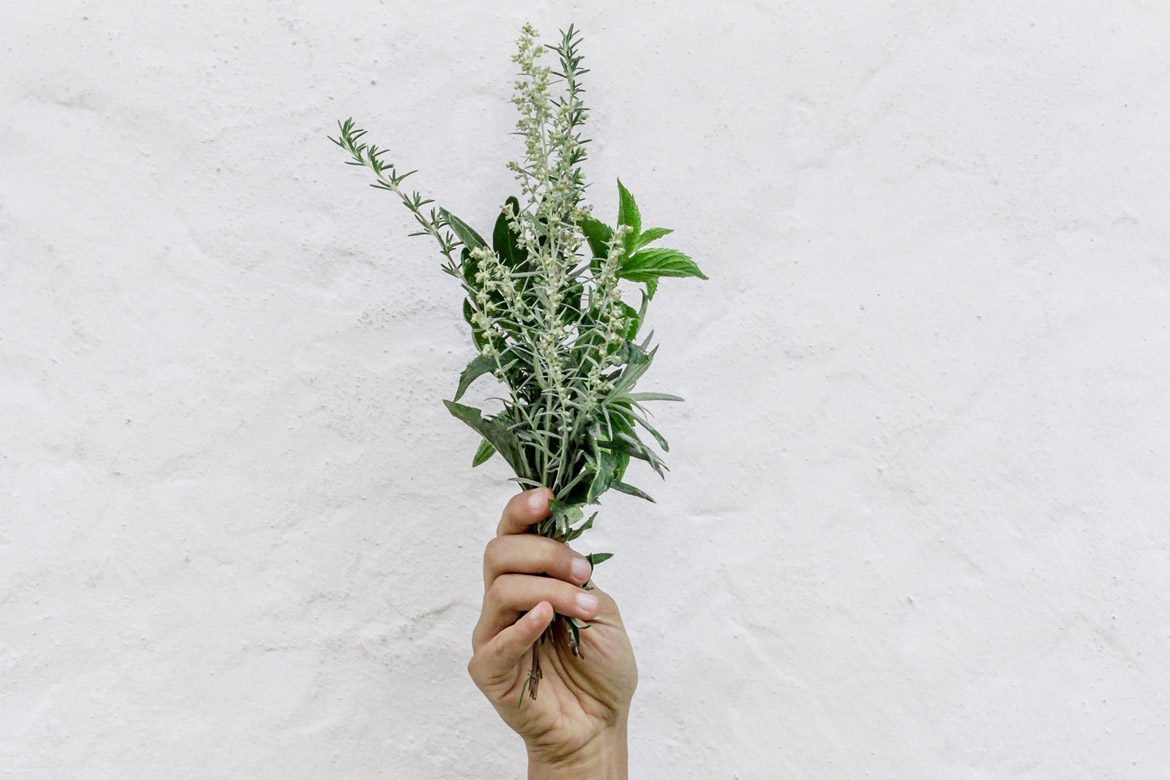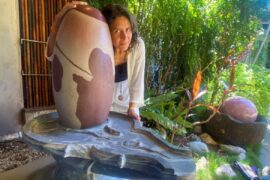By Cynthia Hunefeld
Most people will have taken a course of antibiotics at some point in their life, or will likely know someone who did. Although antibiotics should not be considered the first line of defence, our healthcare system depends quite heavily on antibiotics to be there when we need them. Like in the treatment of a common urinary tract infection, or to promote recovery after surgery.
Over the past few years there has been an increasing awareness in the media about antibiotic resistance and the issues we face in treating infections when antibiotics are no longer having the desired effect. What once looked like a fairly minor infection can now suddenly turn into a serious problem.
For me this was a very real and life changing experience back in 1992, when I was just 10 years old. It was my father who contracted a bacterial infection, and it was due to bacterial resistance that the antibiotics took much longer to have an effect. His uncontrolled bacterial infection, and the side effects it caused, posed a serious threat to his life. Back then, antibiotic resistance was relatively uncommon and often fatal, but somehow he managed to survive.
In many of these cases, as was the case with my father, surviving such an infection led to permanent organ damage. 26 years ago my father was an athlete and a fire fighter, but the effects of his infection left him permanently disabled.
I will not go into further detail about my experience, but you can imagine it had both a lasting impact on my family, as well as shaped my life’s path towards healthcare and medicine from a young age.
Today, antibiotic resistance has become a fairly common problem. Surprisingly, due to the lack of economic viability very few new antibiotics are being developed. And we should start to worry about this lack of development as the World Health Organisation has estimated that by 2050 antibiotic resistance will be the leading cause of death and disability.
I couldn’t really understand back then, that a medicine that had worked before suddenly was ineffective. Surely nature didn’t work that way? I grew up with the feeling something else might have been able to provide a better treatment for an infection like the one my father had.
I have always had a keen interest in medicinal plants, and later in my studies learned that anywhere between 25 to 50% of all current pharmaceuticals are initially derived from plants. So my starting point was looking into nature’s antibiotics. I also started my study in Clinical Herbal Medicine to understand more of what had actually happened to my father. I started studying herbal medicines from around the world in order to find something that might have given my father, or anyone in the same situation, a chance to a better outcome.
It was 2007 when my father contracted another resistant bacterial infection. This time around I was eager to apply some of the research I had done. My goal was to help my father recover faster while protecting him from more damage. I presented all my research to his doctor, and with his, and my father’s consent, we added a herbal extract I formulated to his standard antibiotic treatment. Despite his poor prognosis and to the amazement of his doctor, my father made a rather swift recovery.











